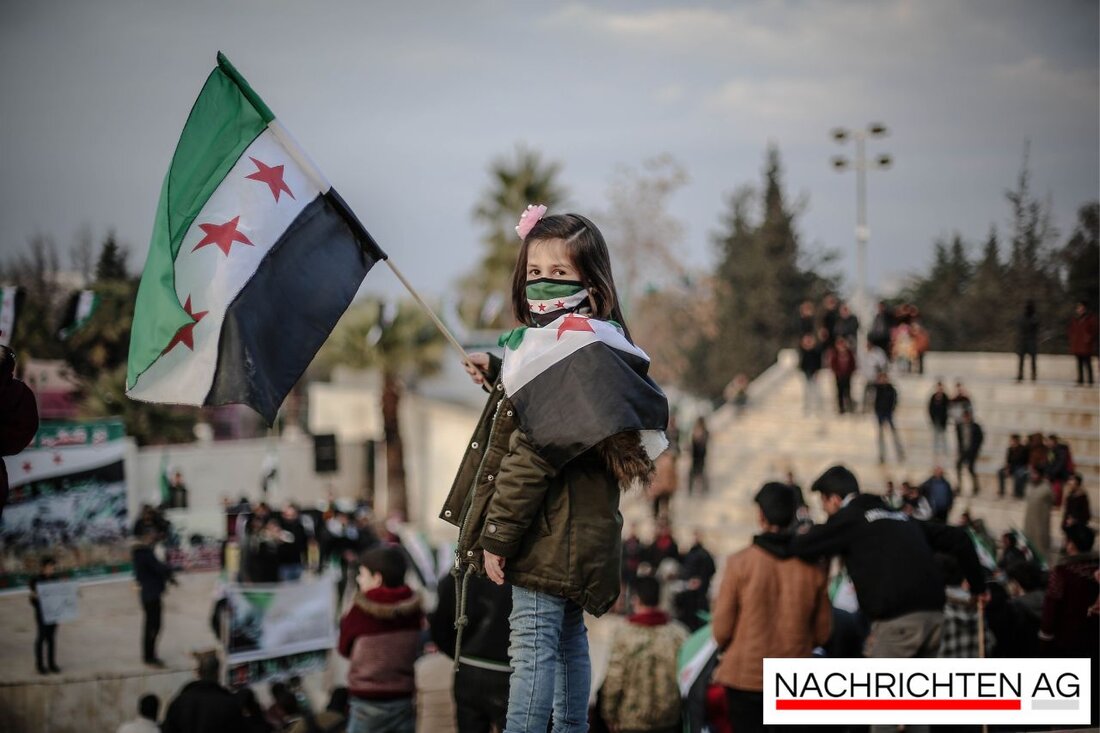Six national councilors demand freedom for controversial mayor Khalil!
Six Swiss National Councilors demand the release of Suleiman Khalil, the former mayor of Sadad, in an incendiary letter to Syria.

Six national councilors demand freedom for controversial mayor Khalil!
The current situation surrounding Suleiman Khalil, the former mayor of the Christian city of Sadad in Syria, raises shocking questions. Six national councilors from Switzerland, including Marc Jost from the EPP and Martin Haab from the SVP, have made an urgent appeal to the Syrian ambassador Haydar Ali Ahmad. They are calling for the immediate release of the 51-year-old, who has been held in a prison in Homs without charge since his arrest in February 2025 and has been denied access to his family and a lawyer. In their communication, the parliamentarians emphasize the urgency of protecting Khalil's rights in accordance with international standards and draw attention to the need for the rule of law and transparency in Syria.
With a strong reputation in the region, particularly for his role in defending Sadad against ISIS in 2015, Khalil's imprisonment is seen by his supporters as a retaliatory move by the new Syrian government. Another supporter, the organization Christian Solidarity International (CSI), has already launched a campaign to draw attention to the untenable conditions. Anyone interested can address their concerns directly to the Syrian Foreign Minister and campaign for Khalil's release via the CSI website.
The historical context
To better understand the events surrounding Suleiman Khalil, it is worth taking a look at the historical figure Suleiman I, also known as Suleiman the Magnificent. He was Sultan of the Ottoman Empire from 1520 to 1566 and ruled over at least 25 million people. Known for his military campaigns against Christian powers in Europe and his significant legal reforms, he led the Ottoman Empire into its “Golden Era”. His reign is marked by major political and economic changes, often referred to as the era of transformation.
Suleiman I was not only a military leader, but also a patron of the arts, under whose supervision numerous important building projects, such as the Süleymaniye Mosque in Istanbul, were built. Despite his military success, his empire was set back by the failed sieges of Vienna in 1529 and 1532. This shows that the struggle for power and influence is part of life not only in the present but also in history.
The parallels between the treatment of Suleiman Khalil and past political repression are striking. The uncertainty about its future and the urgent appeals for justice remind us that the call for human rights and the rule of law is timeless and applies wherever people are oppressed.
The situation is exciting and remains characterized by numerous developments. Regional and international voices supporting Khalil show that interest in his fate and the legal issues in Syria is growing. The Swiss National Council is sending a strong signal and calling on those responsible to put an end to the injustice.

 Suche
Suche
 Mein Konto
Mein Konto